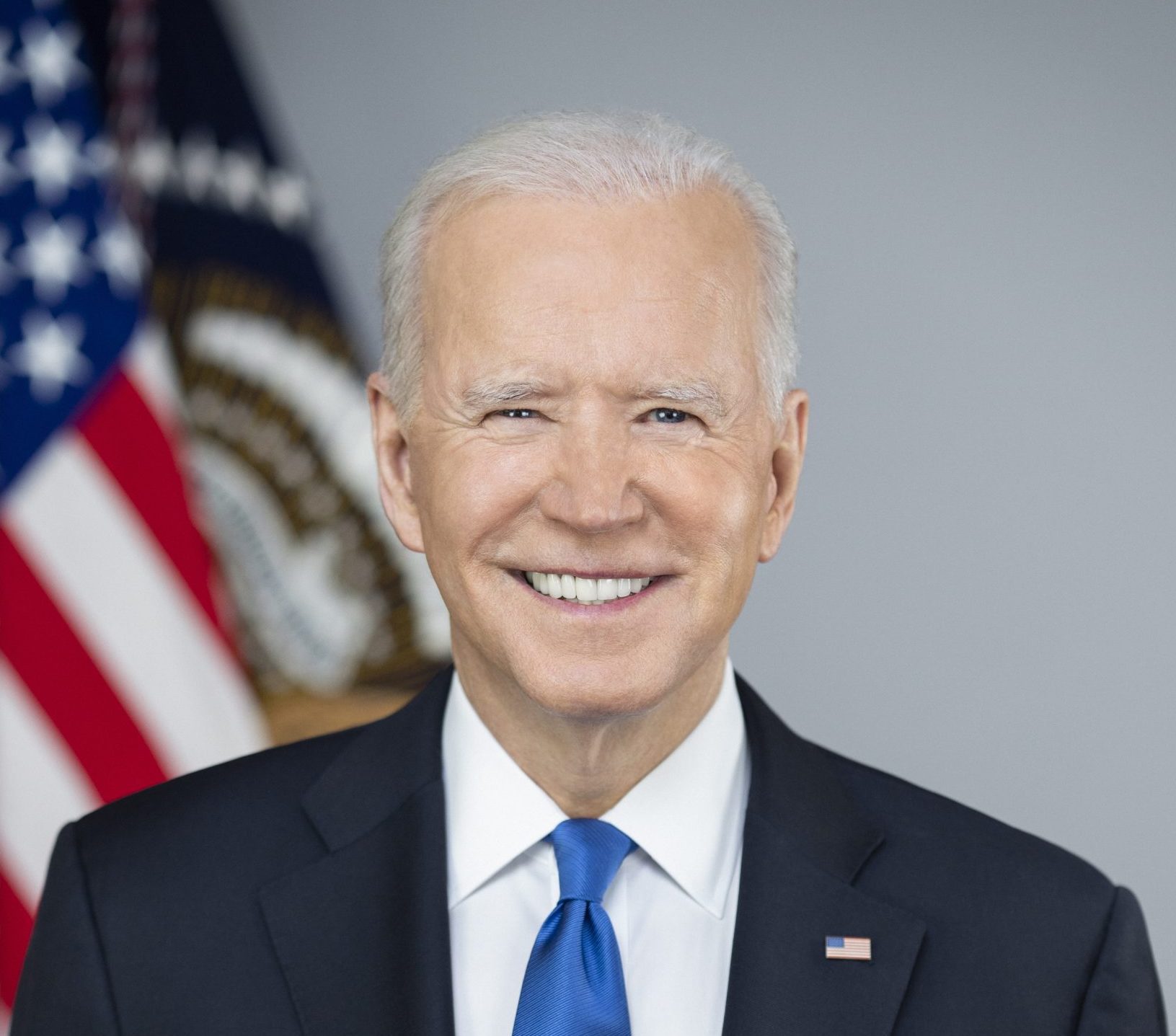In a dramatic turn of events, former President Donald Trump has publicly condemned President Joe Biden’s recent decision to pardon his son, Hunter Biden. This controversial move has ignited a political firestorm, with Trump labeling the pardon as “an abuse and miscarriage of justice.” The implications of this pardon extend beyond family ties, touching on broader themes of justice and political accountability in America.
Following the pardon, Hunter Biden released a heartfelt statement, acknowledging his past mistakes and the challenges he faced during his addiction. He emphasized his commitment to sobriety and expressed gratitude for the support he received from his family and friends. “I will never take the clemency I have been given today for granted and will devote the life I have rebuilt to helping those who are still sick and suffering,” he stated. This personal reflection adds a layer of complexity to the political narrative, showcasing the human side of a highly publicized legal battle.
Presidential pardons spark intense political debate, particularly when involving high-profile cases. The constitutional power to pardon remains one of the executive branch’s most significant tools, often generating controversy regardless of administration.
Trump’s presidency included several notable pardons, including rapper Kodak Black, demonstrating how these decisions influence public discourse about justice and privilege. His use of pardon power provided insights into the relationship between presidential authority and public reaction.
The implications of presidential pardons extend beyond individual cases to broader questions about political accountability. Each pardon decision faces scrutiny through partisan lenses, reflecting deep divisions about justice in America.
Historical context shows presidential pardons, particularly those involving associates, often generate lasting political impact. Previous administrations’ controversial pardons continue influencing public trust in executive authority.
Presidents face complex calculations when considering pardons, balancing legal authority against political consequences. Public reaction often splits along party lines, regardless of the case’s merits.
The constitutional pardon power serves as both a check on the justice system and a source of political controversy. Its use highlights tensions between executive discretion and public perception of fairness.
Presidential pardons often reveal deeper societal debates about justice, privilege and power. The public’s response typically reflects existing political divisions rather than case-specific details.
These decisions influence precedent for future administrations, potentially affecting how subsequent presidents approach their pardon authority. Each controversial pardon shapes ongoing discussions about executive power limits.
The impact of presidential pardons extends beyond immediate legal effects to shape public discourse about justice and accountability in American democracy. Their use continues generating debate about appropriate exercise of executive clemency.
Modern social media amplifies public reaction to presidential pardons, creating new dynamics in how these decisions affect political discourse. Digital platforms provide immediate forums for both support and criticism of pardon decisions.













